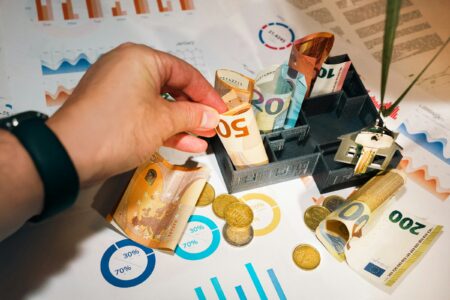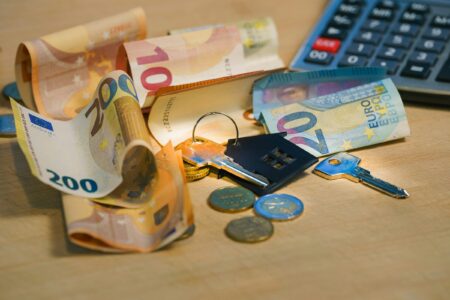25.03.2021
After 2015, many real estate objects became the property of banks. Mostly through a debt-for-asset swap or buyout.
Subsequently, some of them were acquired by credit acquiring companies, and other properties are expected to do the same in the near future.
These properties are called Real Estate Owned – REO, which means “real estate owned.”
Today, banks and companies involved in the acquisition of loans put on the market more than 6,000 properties worth approximately 2.5 billion euros.
In other words, based on the number of real estate objects owned by these organizations, they have become significant for the real estate market, as they will inevitably arouse interest from potential buyers.
From a buyer’s perspective, it’s important to know that these organizations place more emphasis on the time it takes to sell a property than on its selling price.
The process of buying a REO is very similar to buying any other property, with a few key exceptions to keep in mind.
To begin with, the first step involves obtaining a letter of approval from the owner of the property (bank or loan company) which gives permission to the potential buyer to request documents from various authorities such as the Land Registry or municipalities and view them.
This step, also known as “power of attorney”, is mainly applied to large projects and developments.
The next step is to arrange a meeting where the potential buyer will inspect the property.As long as there is interest in the property, the potential buyer must fill out a tender form. The form applies to all properties that these entities have available for sale.
If the seller responds positively, the contract preparation process begins.
Since the seller is a regulated entity, the buyer must successfully complete the “Know Your Client” (KYC) process.
This is how the seller gets to know the buyer and ensures that he has nothing to worry about.
This is followed by the “Anti-Money Laundering” (AML) process, during which the potential buyer must prove that the funds to be used to purchase the property come from a clean source or sources.
This is called proof of availability of funds.
While all of this may seem like overkill, the increase in regulations over the past few years has forced banks to follow these procedures to the point of avoiding other problems down the road.
Upon completion of the KYC/AML process, a contract is signed and an advance payment of 20-30% is paid.
The next step for the seller is to obtain a tax clearance.
The transaction moves to the final stage, when counterparties visit the Land Registry to transfer ownership of the property.
As we mentioned earlier, for these companies, the speed of completion of the transaction is important, since every day these objects remain on their balance sheets is an additional cost.
These organizations usually set specific deadlines within which the process must be completed.Therefore, a potential buyer must be prepared in all aspects before submitting their offer.
Preparing appropriate approvals in advance is even more important in cases where they plan to borrow part of the amount to complete the purchase.
Buyers must also have all the necessary documents ready for the KYC/AML process.
















